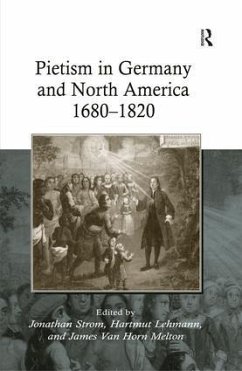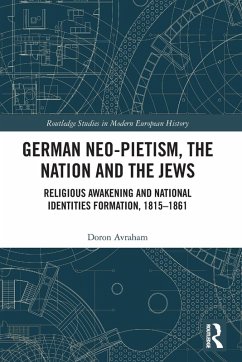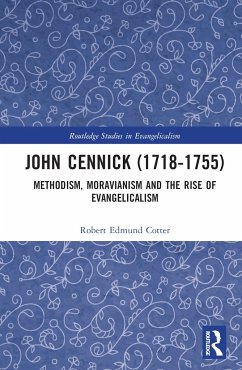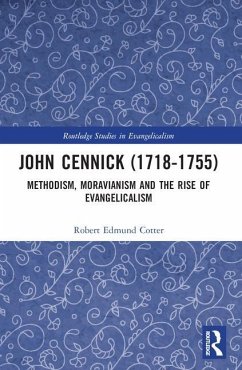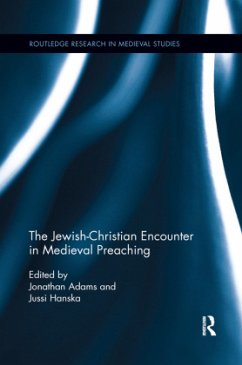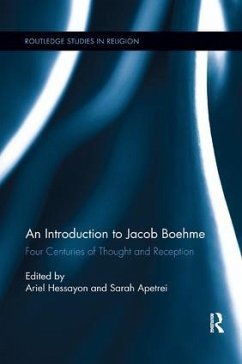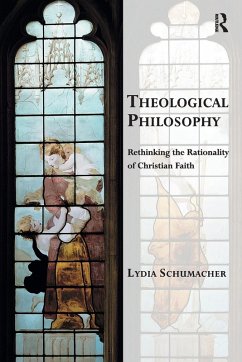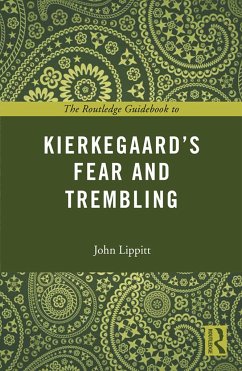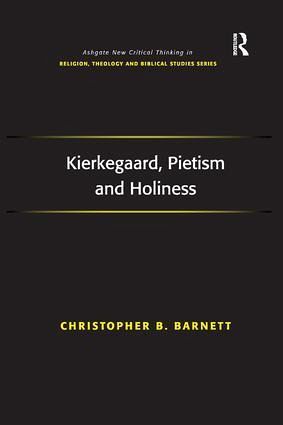
Kierkegaard, Pietism and Holiness
Versandkostenfrei!
Versandfertig in 6-10 Tagen
57,99 €
inkl. MwSt.
Weitere Ausgaben:

PAYBACK Punkte
29 °P sammeln!
Søren Kierkegaard wrote that Pietism is 'the one and only consequence of Christianity'. Praise of this sort - particularly when coupled with Kierkegaard's significant personal connections to the movement in Christian spirituality known as Pietism - would seem to demand thorough investigation. And yet, Kierkegaard's relation to Pietism has been largely neglected in the secondary literature. Kierkegaard, Pietism and Holiness fills this scholarly gap and, in doing so, provides the first full-length study of Kierkegaard's relation to the Pietist movement. First accounting for Pietism's role in ...
Søren Kierkegaard wrote that Pietism is 'the one and only consequence of Christianity'. Praise of this sort - particularly when coupled with Kierkegaard's significant personal connections to the movement in Christian spirituality known as Pietism - would seem to demand thorough investigation. And yet, Kierkegaard's relation to Pietism has been largely neglected in the secondary literature. Kierkegaard, Pietism and Holiness fills this scholarly gap and, in doing so, provides the first full-length study of Kierkegaard's relation to the Pietist movement. First accounting for Pietism's role in Kierkegaard's social, ecclesial, and intellectual background, Barnett goes on to demonstrate Pietism's impact on Kierkegaard's published authorship, principally regarding the relationship between Christian holiness and secular culture. This book not only establishes Pietism as a formative influence on Kierkegaard's life and thinking, but also sheds fresh light on crucial Kierkegaardian concepts, from the importance of 'upbuilding' to the imitation of Christ.





